American Catholicism
“Here is my Creed. I believe in one God, the Creator of the Universe. That He governs it by His Providence. That He ought to be worshipped. That the most acceptable service we render to him is in doing good to his other children. That the soul of man is immortal, and will be treated with justice in another life respecting its conduct in this. These I take to be the fundamental points in all sound religion, and I regard them as you do in whatever sect I meet with them. As to Jesus of Nazareth, my opinion of whom you particularly desire, I think the system of morals and his religion, as he left them to us, is the best the world ever saw, or is likely to see.” –Ben Franklin



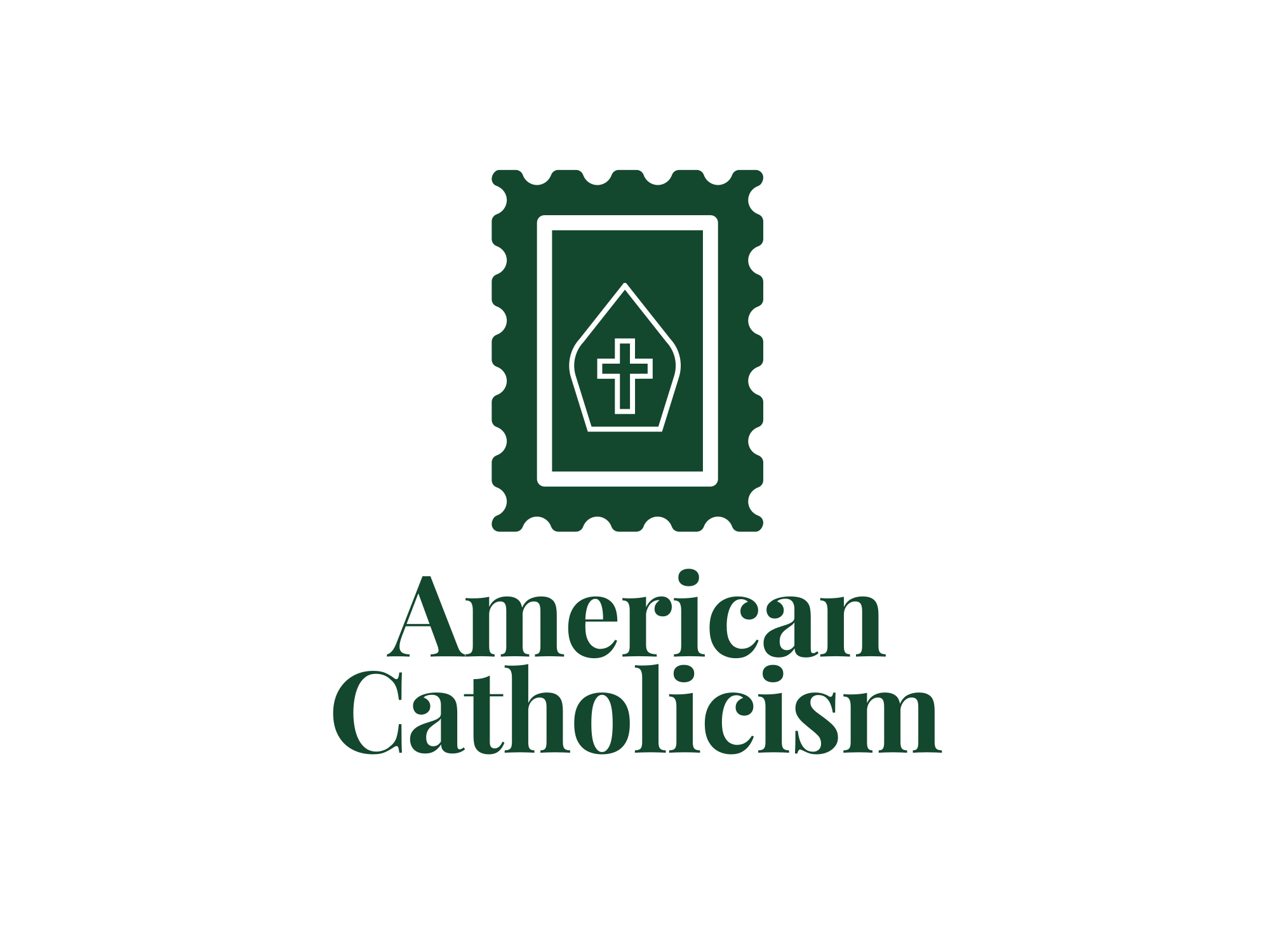
“A privately owned world can never be a free world and a society based upon warring classes cannot stand.” –E

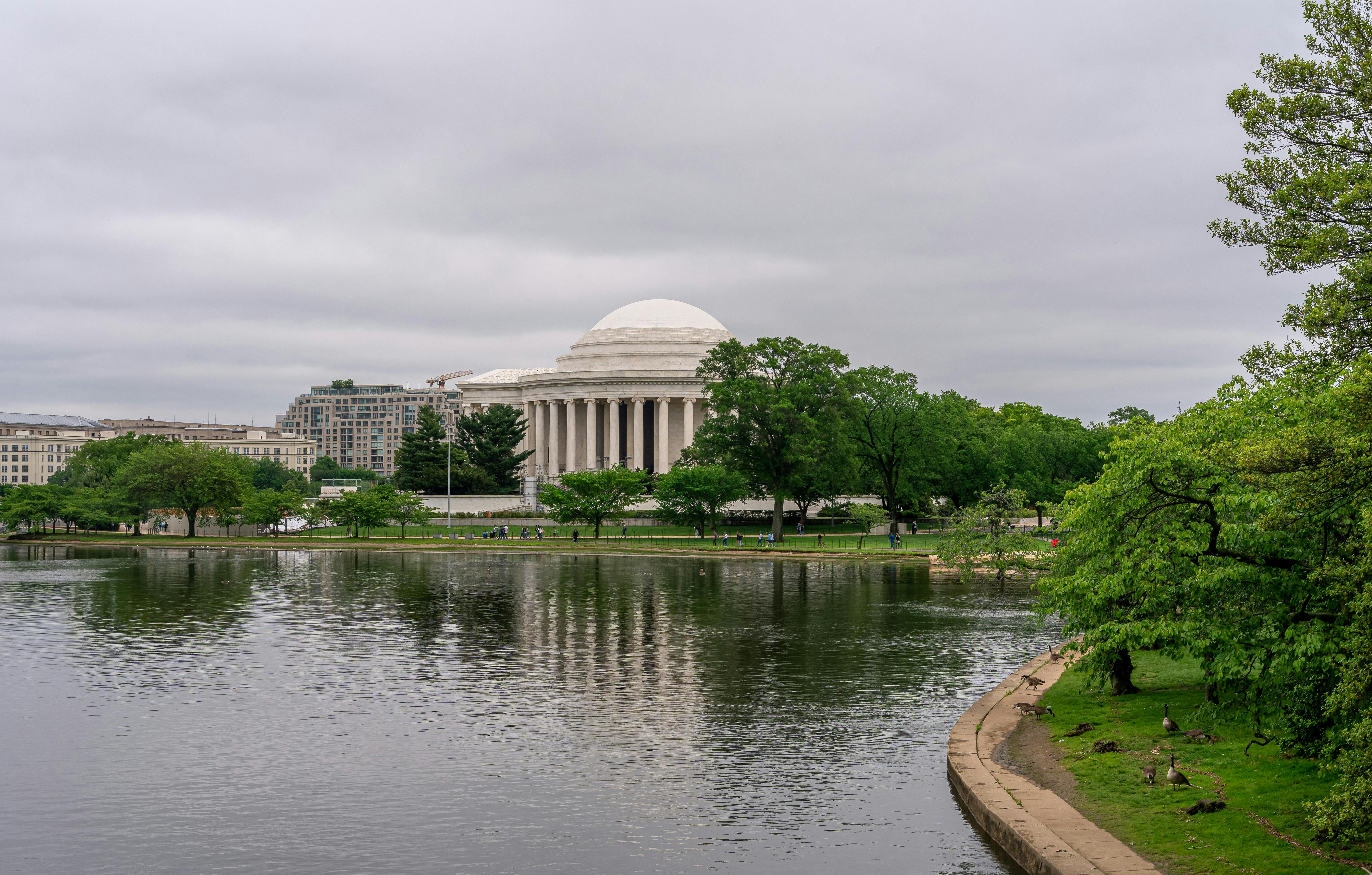

The American Promise
We hold these truths to be self-evident, that all men are created equal, that they are endowed, by their Creator, with certain unalienable rights, that among these are life, liberty, and the pursuit of happiness.–That to secure these rights, governments are instituted among men, deriving their just powers from the consent of the governed.
The New World and
The United States of America

The Mayflower Compact signed in 1620 was the first time English colonists established a new community based on their own definitions, rather than a company charter. It also introduced English concepts of law and liberty to the New World. The First Amendment of the Bill of Rights embodies the Pilgrims’ desire to worship as they wished.
The Declaration of Independence signed in 1776 states three basic ideas: (1) God made all men equal and gave them the rights of life, liberty, and the pursuit of happiness; (2) the main business of government is to protect these rights; (3) if a government tries to withhold these rights, the people are free to revolt and to set up a new government.
The Constitution signed in 1787 outlines the structure, powers, and purposes of the federal government’s three branches. It also limits the government’s power to prevent arbitrary rule. The Constitution guarantees fundamental rights, including life, liberty, and property. It also protects minority rights and the interests of majority rule.
The Bill of Rights was was ratified in 1791 & guarantees civil rights and liberties, such as freedom of speech, religion, and the press. It also protects the right to a fair trial.
The 13th Amendment passed in 1865 is a historic promise that slavery will never again exist in the United States.
The 19th Amendment to the United States Constitution gave women the right to vote. It was passed by Congress on June 4, 1919, and ratified on August 18, 1920. The amendment states that the right to vote cannot be denied based on sex, and that Congress has the power to enforce it through legislation.
The Social Security Act was signed into law on August 14, 1935. In addition to several provisions for general welfare, the new Act created a social insurance program designed to pay retired workers age 65 or older a continuing income after retirement.
The National Labor Relations Act (NLRA) of 1935 is a US labor law that protects the rights of private sector employees to organize, bargain collectively, and take action such as striking. The NLRA also established a board to oversee these processes.
The Fair Labor Standards Act (FLSA) of 1938 established minimum wage, overtime pay, recordkeeping, and child labor standards for private sector and government employees.
The Civil Rights Act of 1964 prohibits discrimination on the basis of race, color, religion, sex or national origin. Provisions of this civil rights act forbade discrimination on the basis of sex, as well as, race in hiring, promoting, and firing.
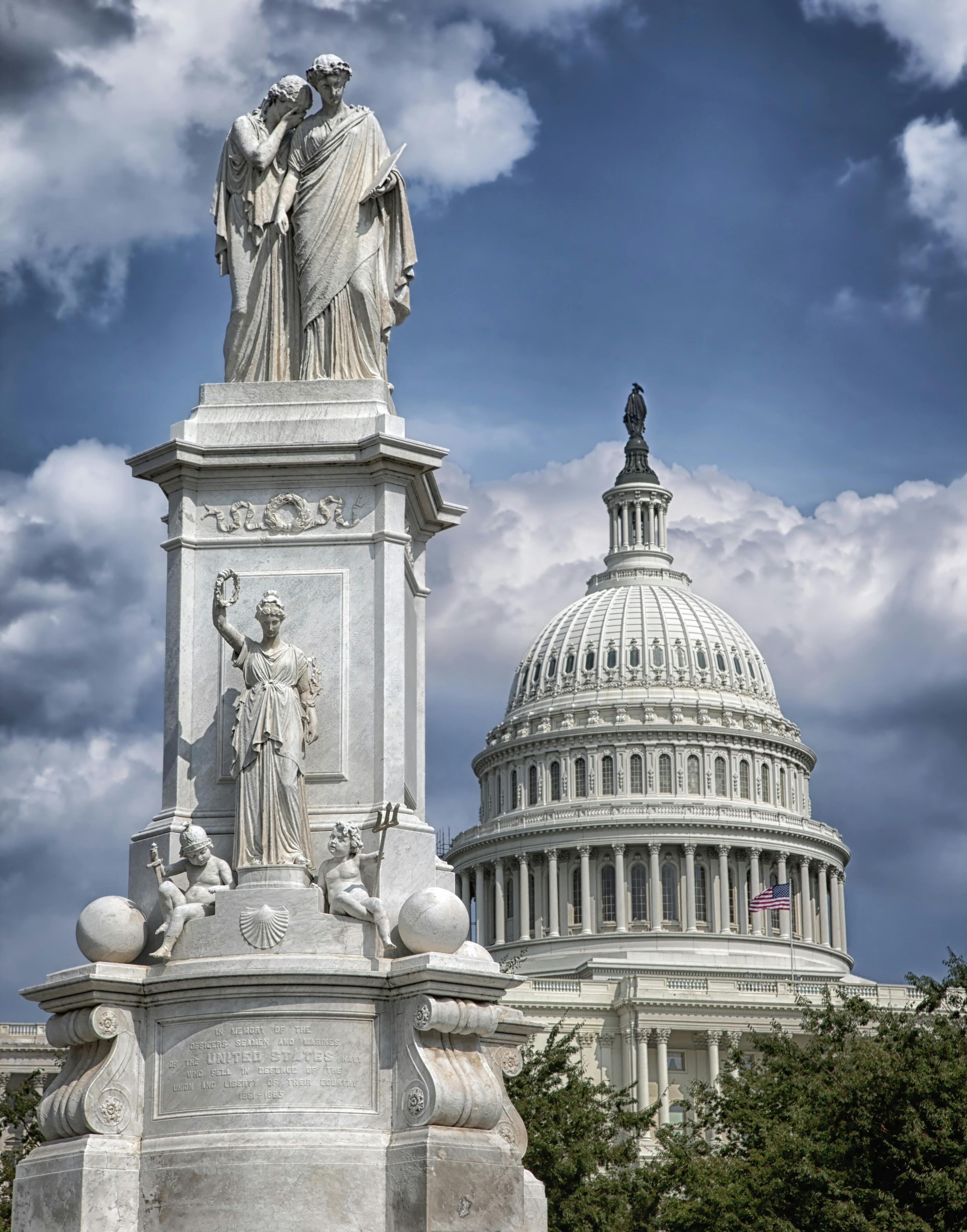

The “Medicare and Medicaid Act,” also referred to as the “Social Security Amendments of 1965,” is a piece of legislation that established the Medicare program for the elderly and the Medicaid program for low-income individuals.
The Clean Air Act (CAA) of 1970 is a federal law that regulates air emissions from all sources, including mobile and stationary sources.
The Americans with Disabilities Act (ADA), passed in 1990, prohibits discrimination against individuals with disabilities in various areas including employment, state and local government services, public accommodations, commercial facilities, transportation, and telecommunications.

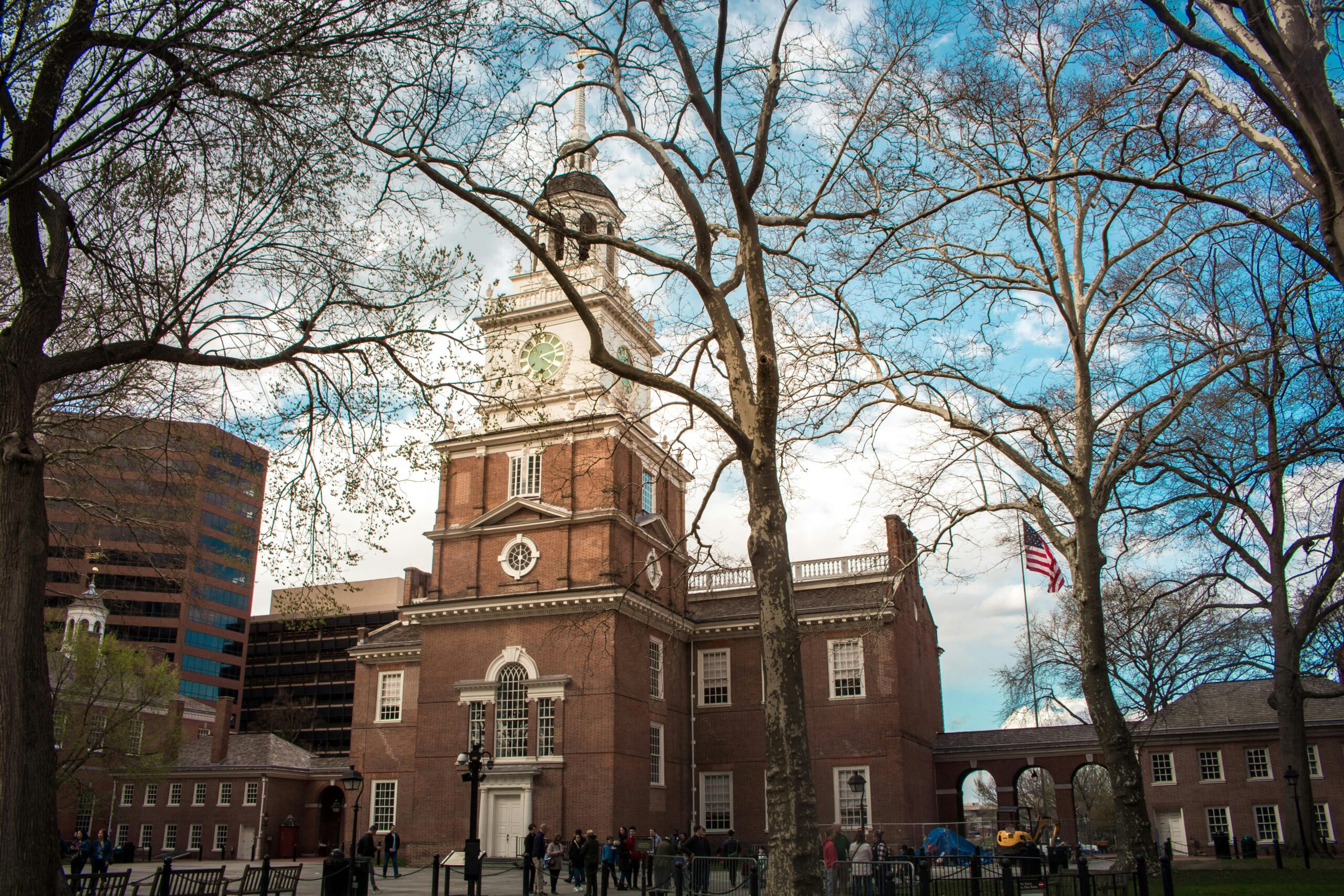
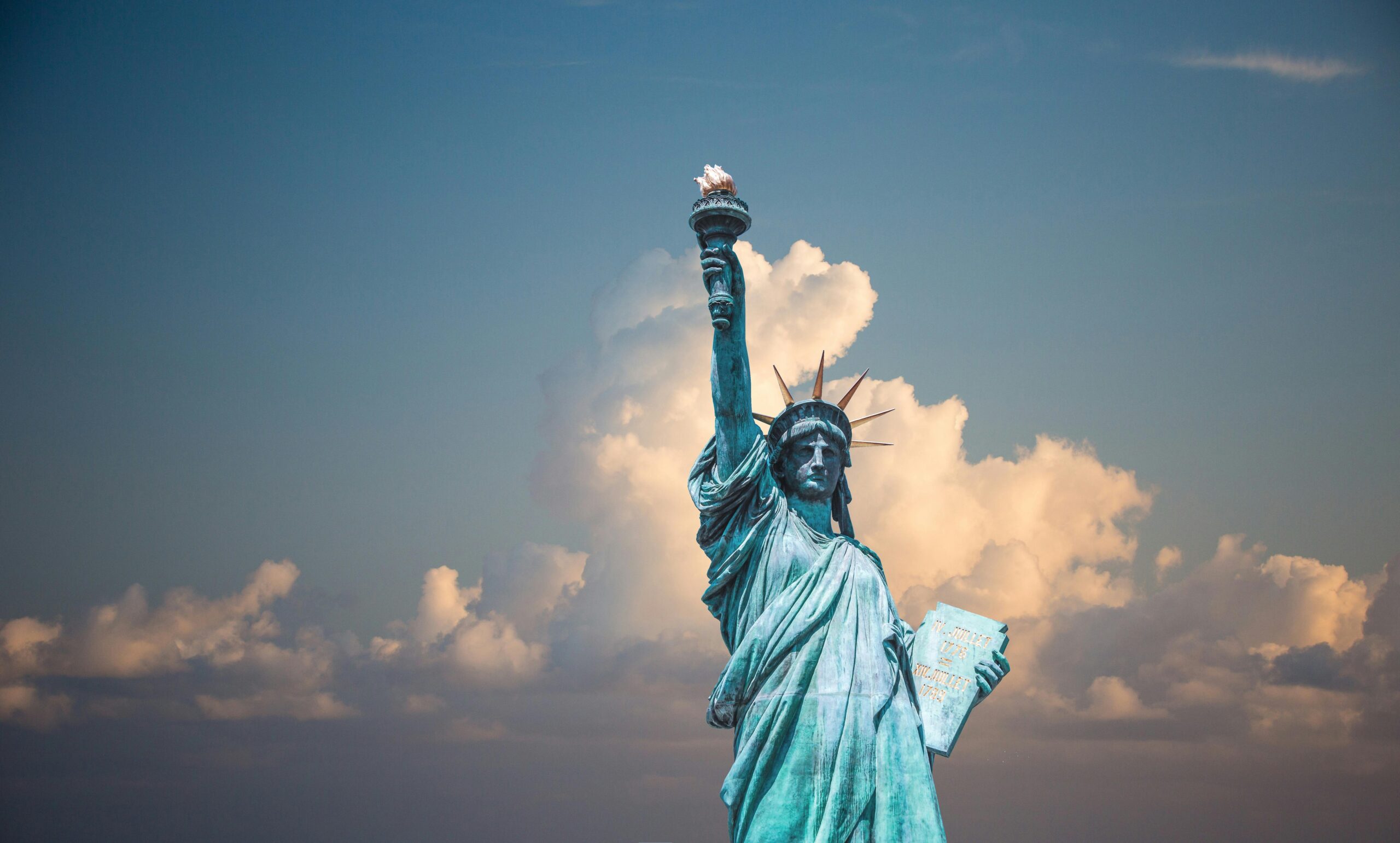
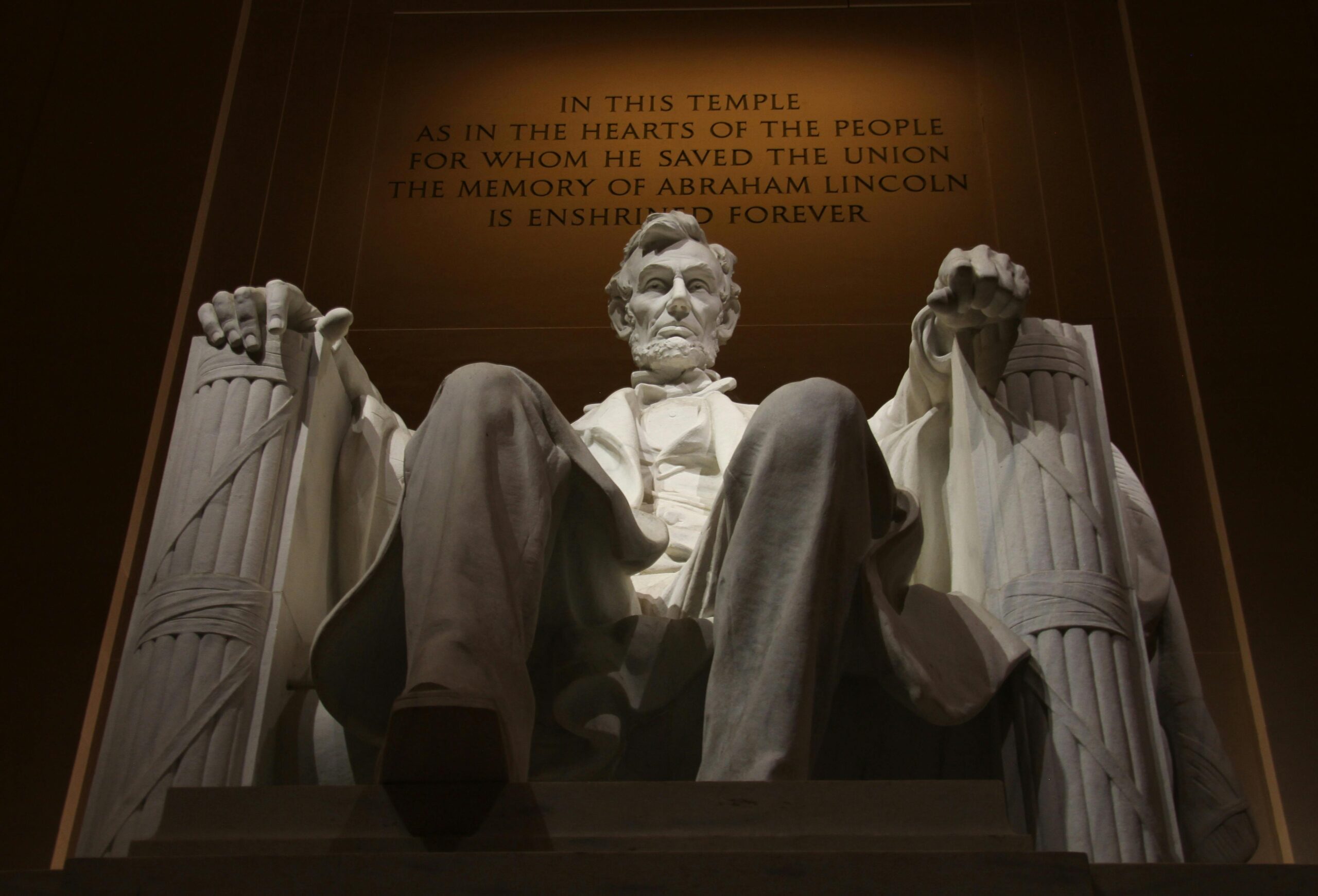
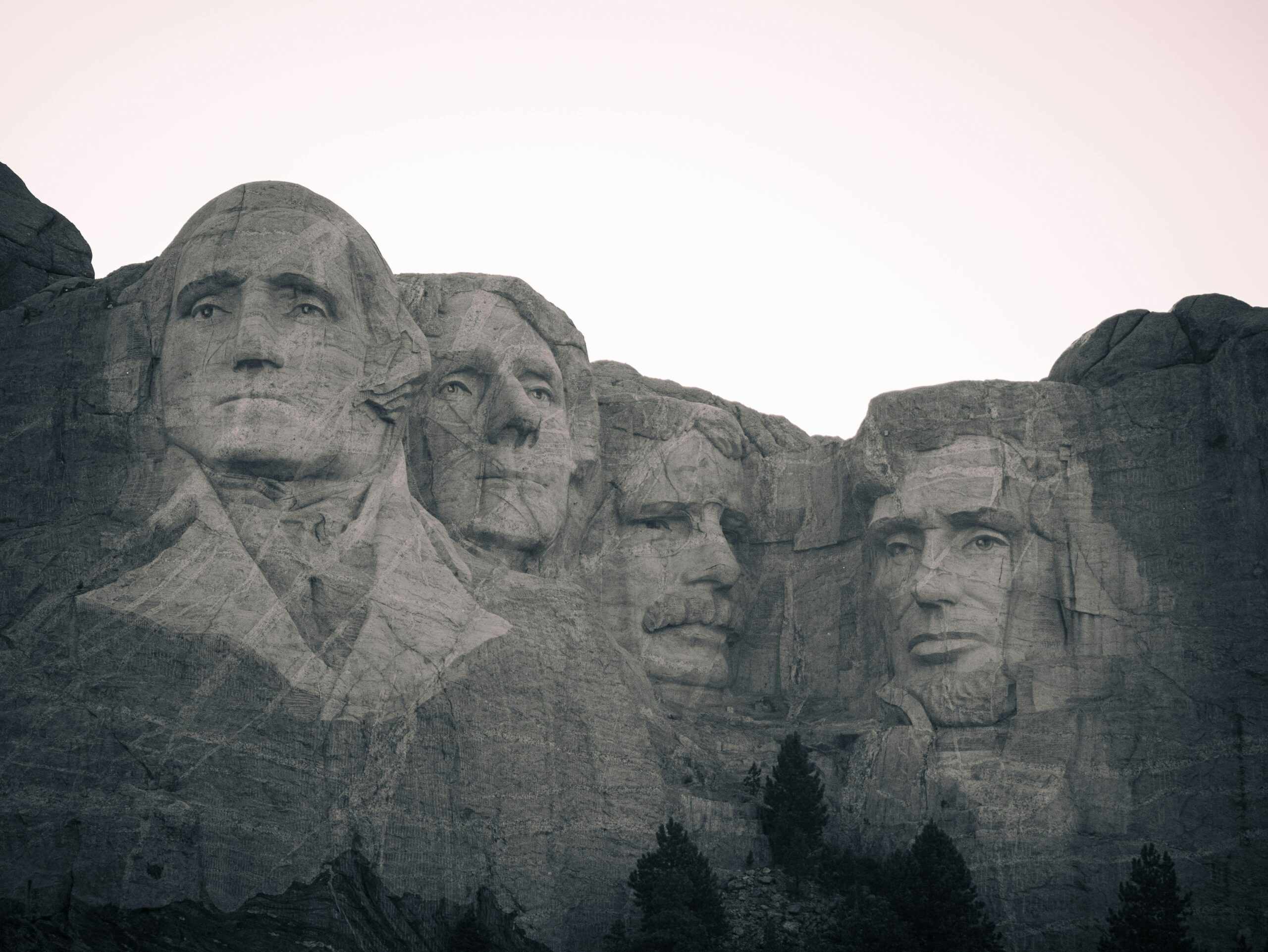
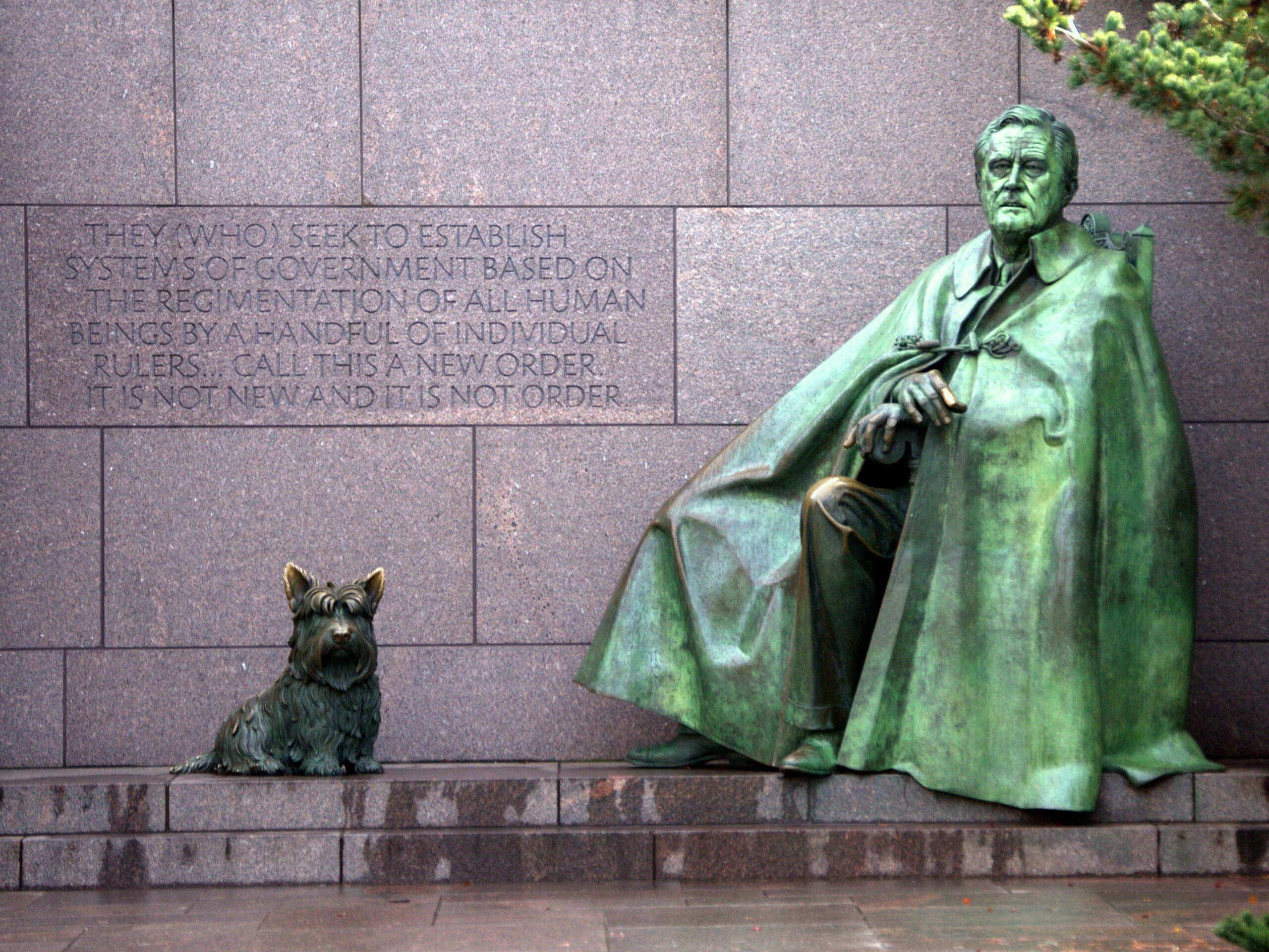
The American Dream
“The American Dream is that dream of a land in which life should be better and richer and fuller for everyone, with opportunity for each according to ability or achievement. It is a difficult dream for the European upper classes to interpret adequately, and too many of us ourselves have grown weary and mistrustful of it. It is not a dream of motor cars and high wages merely, but a dream of social order in which each man and each woman shall be able to attain to the fullest stature of which they are innately capable, and be recognized by others for what they are, regardless of the fortuitous circumstances of birth or position.”
― The Epic of America




The Incredible Character of the People Who Shaped the United States
The Humility & Integrity of George Washington

While Washington is best known for the positions he held, both as a general and president, it is his willingness to surrender power that may be his most important legacy.
On December 23, 1783, Washington strode into the Maryland State House in Annapolis and surrendered his military commission to Congress—thereby affirming the principle of civilian control of the military.
When King George III heard that Washington would surrender his commission, he reportedly said that if “He did [this] He would be the greatest man in the world.”
As president, in a time when there were no term limits and many would have supported a lifetime role, Washington stepped down after the end of his second term—setting an important precedent that lasted until the middle of the 20th century.
Leaders in the fight for a more just world
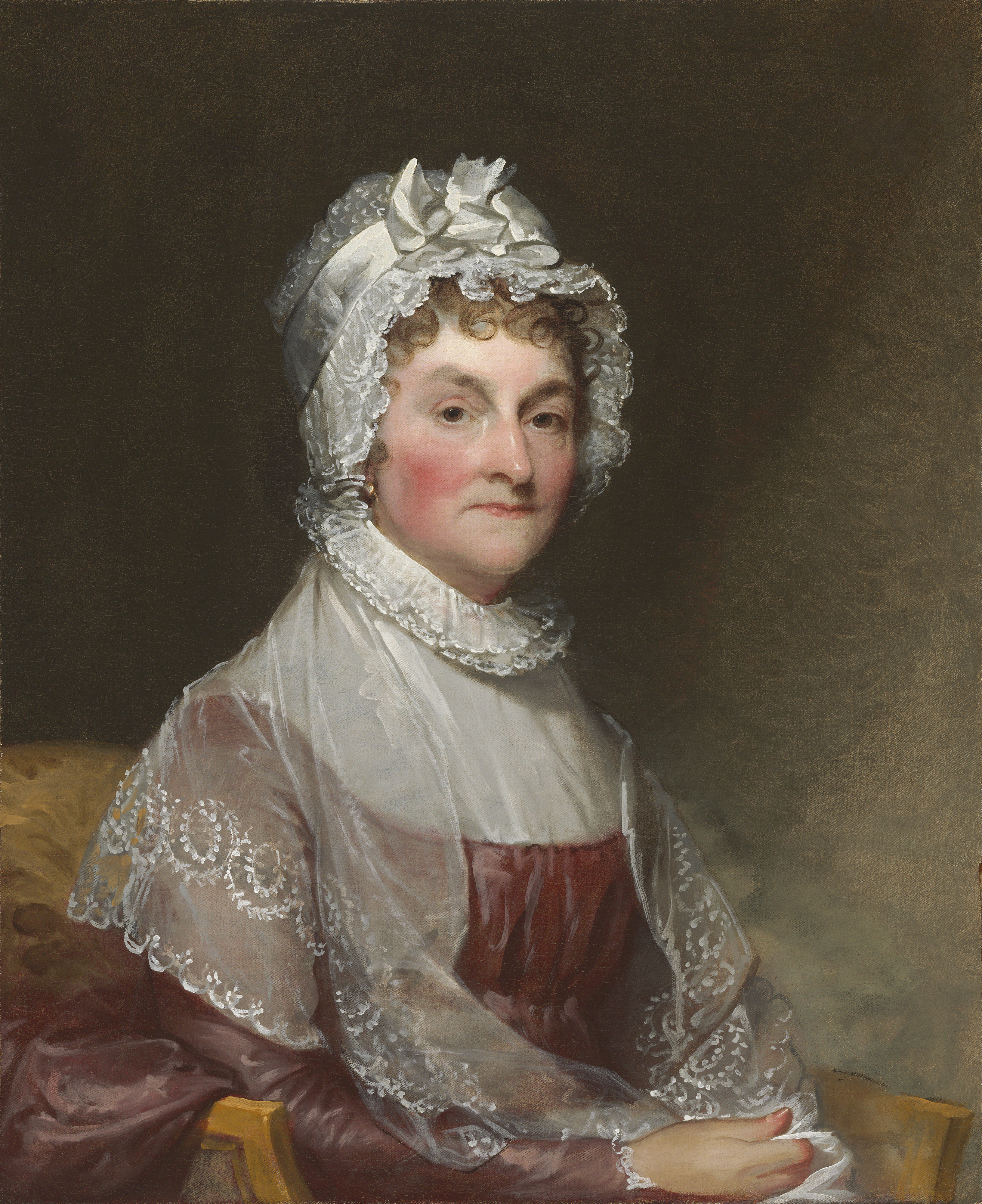
Abigail Adams
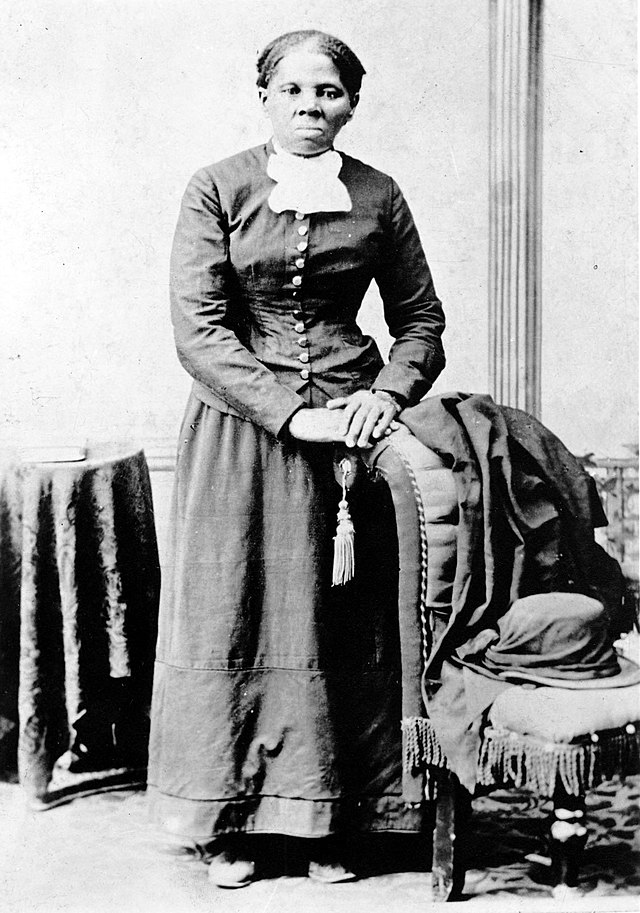
Harriet Tubman
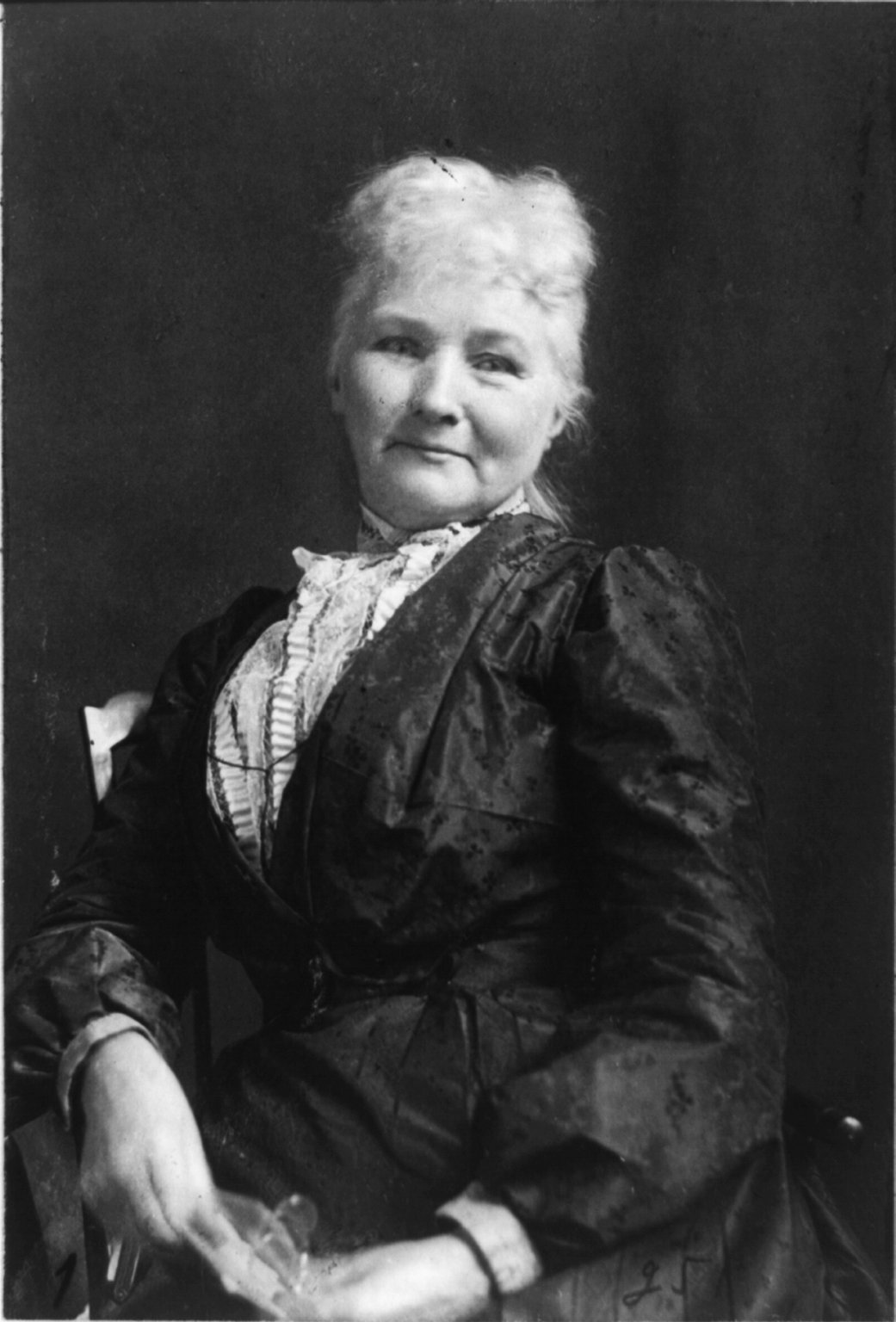
Mother Jones
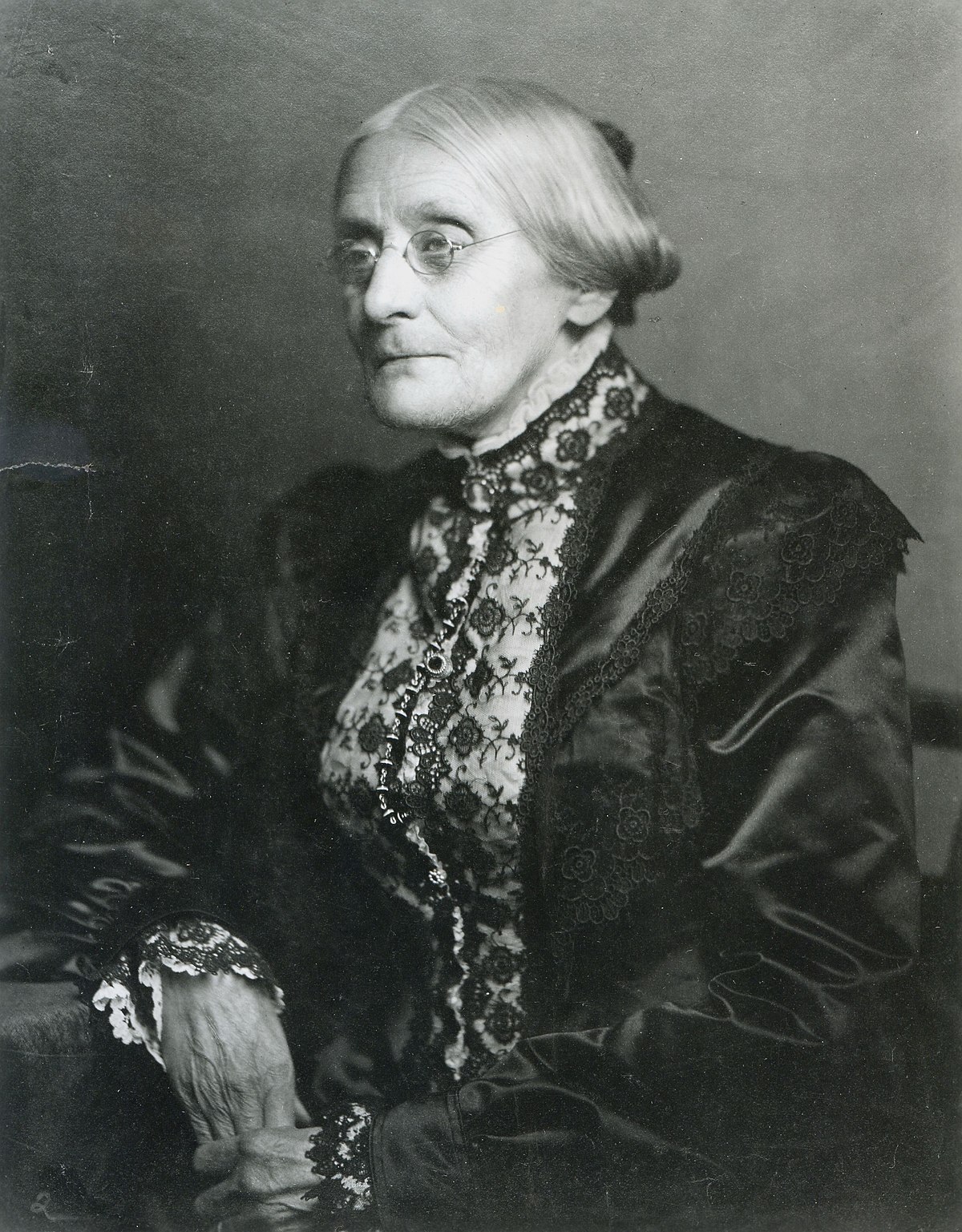
S.B. Anthony

F. Perkens
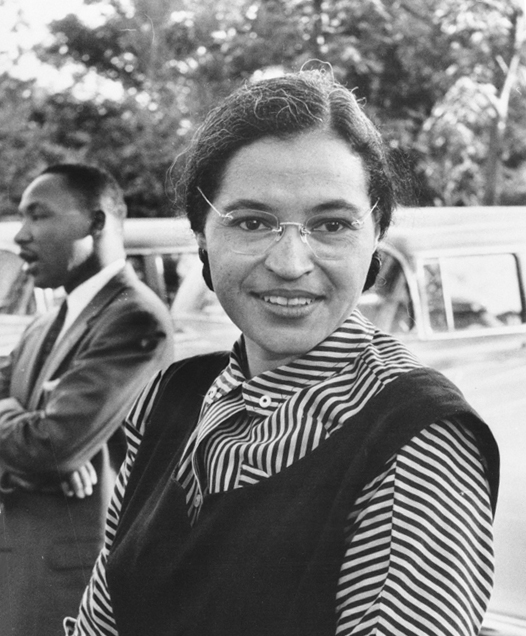
Rosa Parks
From the American Revolution, to the Abolitionist Movement, Women’s Suffrage, the Labor Movement, and the fight for Civil Rights… these women help shape the United States and made the world a more just place.
Martin Luther King’s Dream is the Fulliment of the Founder’s Promise For All Americans
“When the architects of our republic wrote the magnificent words of the Constitution and the Declaration of Independence, they were signing a promissory note to which every American was to fall heir. This note was a promise that all men — yes, black men as well as white men — would be guaranteed the unalienable rights of life, liberty and the pursuit of happiness.”
As a leader in the Civil Rights Movement he was faced with hardships, hatred, jailed and attack but stayed committed to his cause while preaching love and acceptance while maintain his principle of nonviolence and turning the other cheek. His life embodied the character and the spirit that has made the United States the world’s most important democracy.
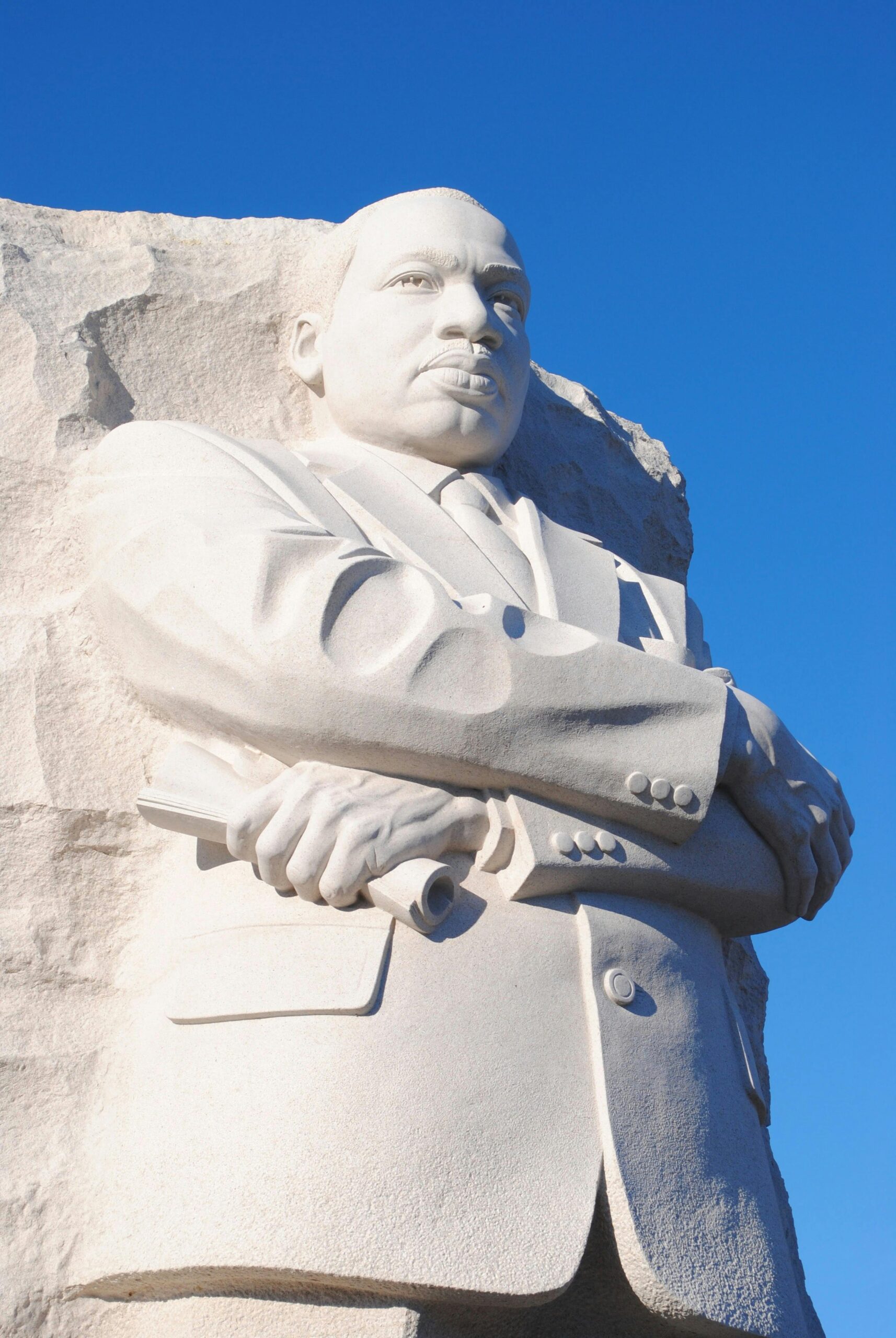








Sea to Shining Sea

Pursuit of Happiness

LIFE
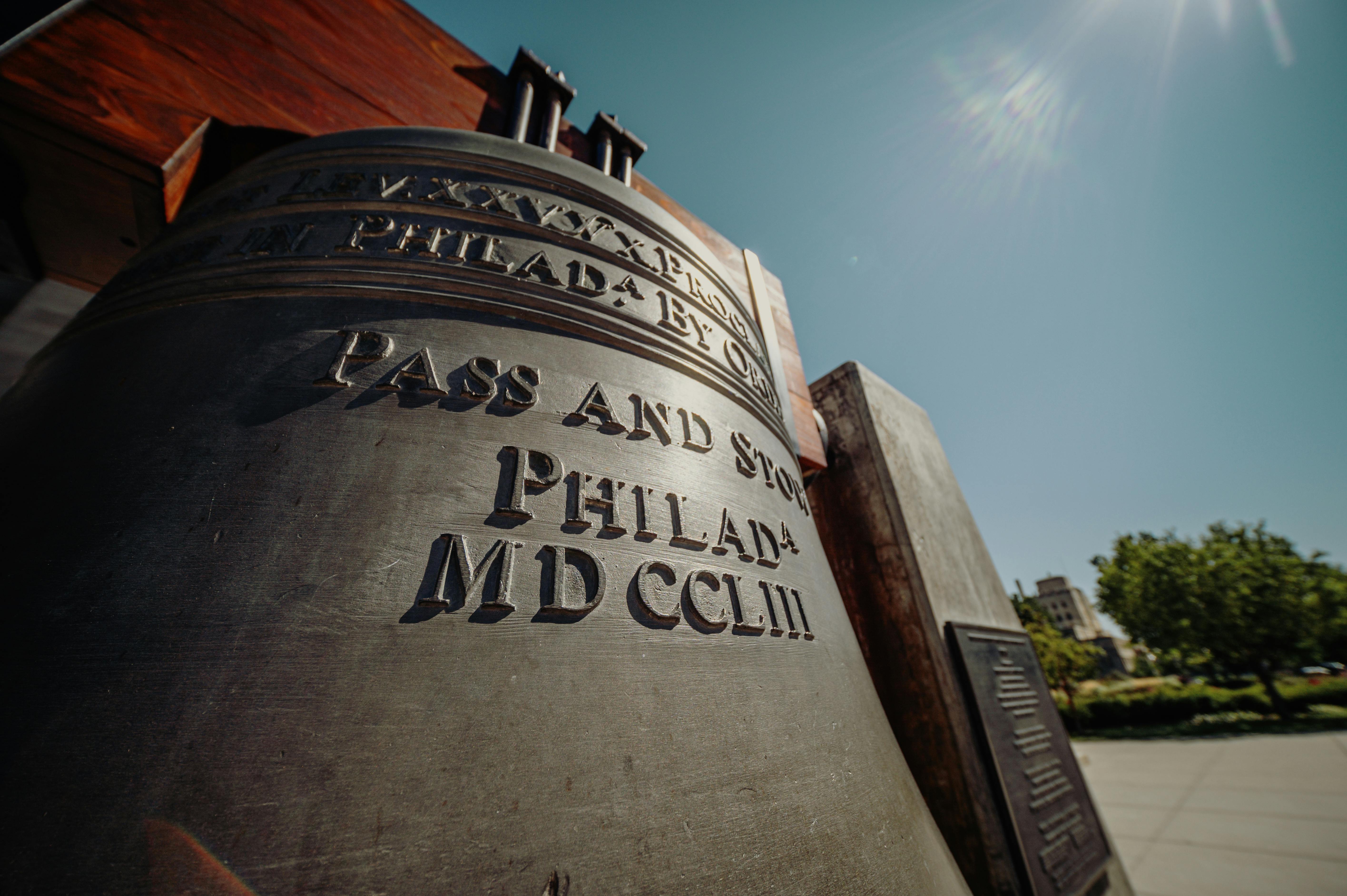
LIBERTY

PROPERTY


“We live in a world in which we need to share responsibility. It’s easy to say “It’s not my child, not my community, not my world, not my problem.” Then there are those who see the need and respond. I consider those people my heroes.”
―



